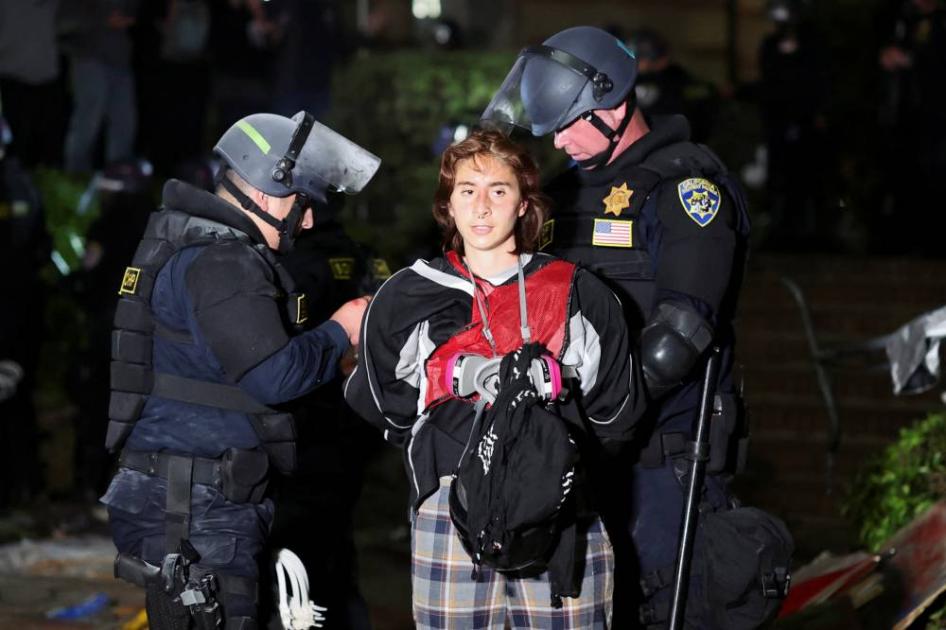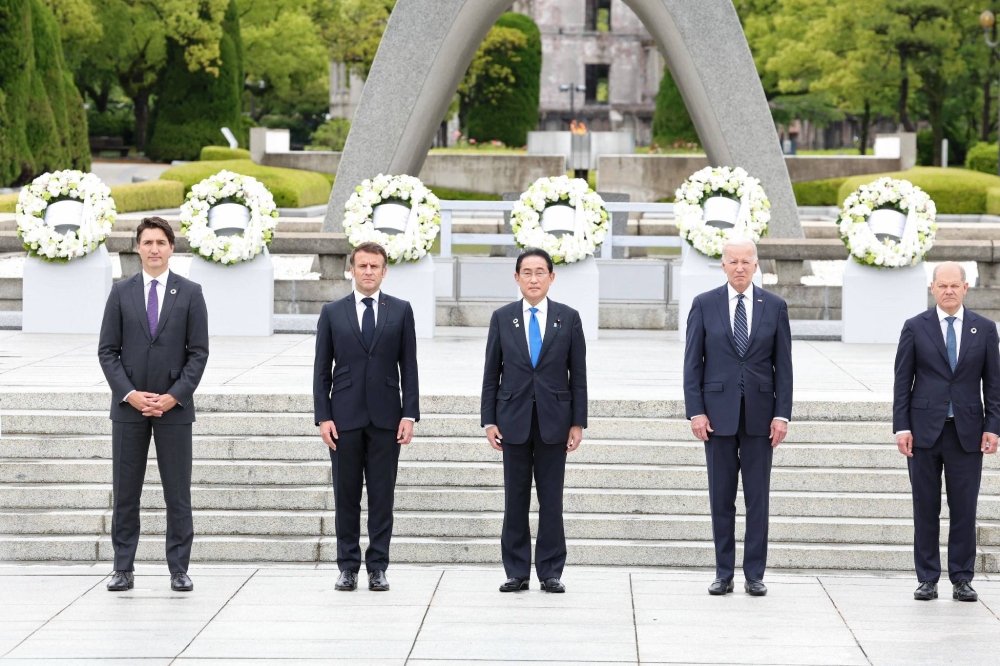In recent weeks, American universities have been witnessing a pro-Palestinian and anti-war mobilization in response to the situation in Gaza. The deep divisions over Gaza and the use of police by some universities to intervene on their campuses remind Harvard University historian Julie Rubin of the student demonstrations protesting the Vietnam War in the sixties and seventies.
During the sixties, the United States experienced a surge in student demonstrations on various issues, including civil rights, student rights, freedoms, and opposition to the Vietnam War. This was a unique period of intense activism on college campuses that lasted for six years. While demonstrations have continued over the years, they have not reached the same level of intensity as the sixties.
The current protests demanding universities to cut ties with companies or donors linked to Israel echo similar calls to end funding for South Africa during the apartheid regime. Like the Vietnam War protests, the situation in Gaza has sparked strong emotional divisions among students and the wider community, similar to the controversies of the past.
Despite differences in scale, the speed at which this movement has spread across multiple universities is notable. While university administrators initially reacted harshly to student protests during this time period, later they learned that allowing demonstrations could lead to a quicker resolution. Today’s administration calls for police intervention stand in contrast with past practices where administrative responses were less severe.
In conclusion, these current student demonstrations regarding Gaza have parallels with past movements related to emotionally charged and divisive issues like the Vietnam War. The response from universities and society reflects ongoing debates about activism on campus and police intervention when addressing protests.



